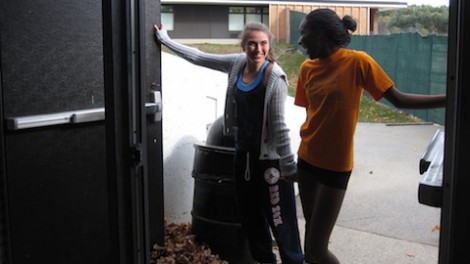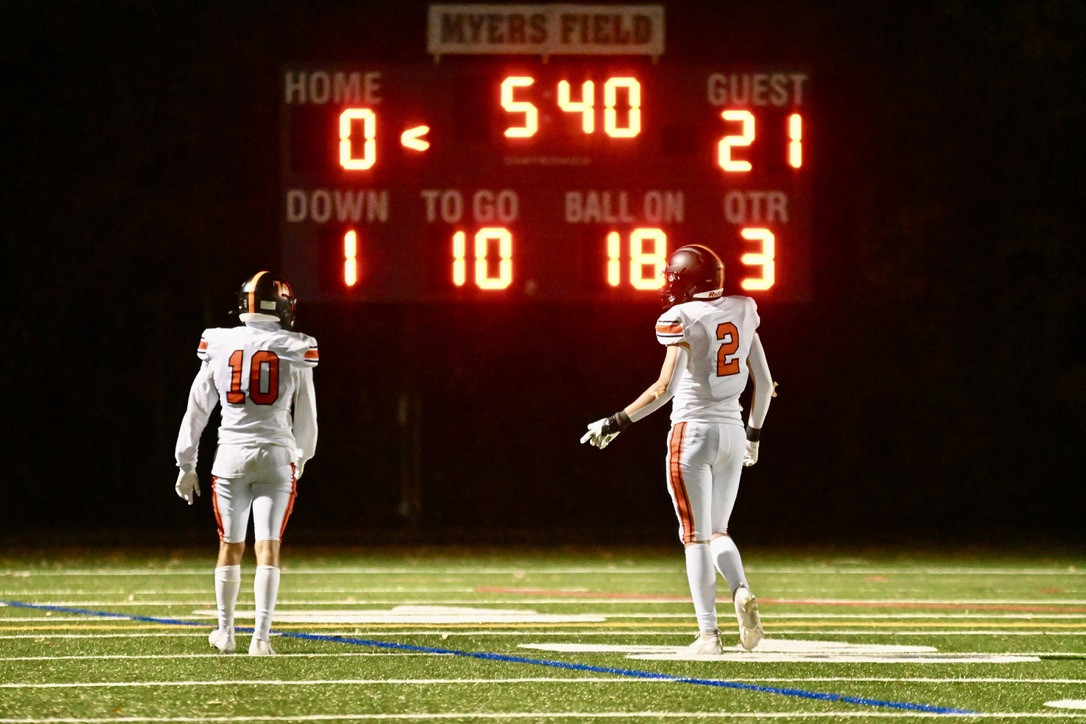
Imagine waking up even earlier than usual, walking to the nearby MBTA station and then getting on a school bus for the half hour, 21.6 mile long journey to get to school. For the 134 METCO students in Wayland, 48 of whom are at the high school, this schedule is very much a reality every school day, and each subsequent school year.
The Metropolitan Council for Educational Opportunity, or METCO, program was created in 1966 and is currently funded by the state of Massachusetts to “desegregate” the children who live in Boston and neighboring suburban towns. The program is designed to be a two-way, although currently, most METCO students come from Boston and are shuttled to one of the 37 participating towns, but not vice versa.
“I think [METCO] does achieve [its] purpose because I feel like everyone, for the most part, is willing to accept and befriend people from different backgrounds and different cultures… Everyone gets something out of it,” said senior Erica Kouka, a participant in the program.
The METCO program has helped the town of Wayland by bringing people to attend the public schools. In fact, when METCO students are sent to Wayland, they bring funds with them. But there are potential stereotypes about these students that may need to be addressed.
“A common misconception [is] that my students hail from somewhere that is devastating, and that is not the case,” said Mark Liddell, Wayland’s METCO coordinator. “Many of my students are from middle to upper middle class backgrounds and that’s not always represented, reflected in the attitudes about my students.”
Even though these generalizations may exist, most METCO students are still happy with the opportunities they receive by being members of the METCO community.
“It helps get us a better education, since we’re allowed to come to the suburbs where there are better facilities, textbooks, opportunities, sports programs, and music programs,” said Kouka.
But going to school 20 miles away from home also has its disadvantages. It can be hard for METCO students to get to and participate in extracurricular activities. Because of state education budget cuts, a bus is not always provided after all extracurricular events for students to get home.
Kouka had to make a tough decision for whether or not to even try out for volleyball this year, knowing it was going to be a huge time commitment. Junior Vanessa Moore, another program participant, stayed in Wayland for three to four days and was unable to get home for two days at a time due to cheerleading conflicts.
Many METCO students stay at friends’ houses to be able to attend their extracurricular activities, so as not to constantly drive back and forth between Boston and Wayland.
Liddell feels as if it is his responsibility to help METCO kids stay adapted or be more comfortable in the town of Wayland by acting as a parental figure. Most METCO students have been commuting to Wayland for multiple years.
Liddell says he tries to help METCO students navigate and reconcile their “two worlds”, Boston and Wayland.
“It seems, based upon their comments, that they belong to neither. That they’re not totally Boston, nor totally Wayland. You know, in a limbo state,” he said.































